This article was medically reviewed by Raj Vuppalanchi, MD. Dr. Raj Vuppalanchi is an Academic Hepatologist, a Professor of Medicine at Indiana University School of Medicine, and the Director of Clinical Hepatology at IU Health. With over ten years of experience, Dr. Vuppalanchi runs a clinical practice and provides care to patients with various liver disorders at the University Hospital in Indianapolis. He completed dual fellowships in Clinical Pharmacology and Gastroenterology-Hepatology at Indiana University School of Medicine. Dr. Raj Vuppalanchi is board certified in Internal Medicine and Gastroenterology by the American Board of Internal Medicine and is a member of the American Association for Study of Liver Diseases and the American College of Gastroenterology. His patient-oriented research is dedicated to finding new treatments for various liver disorders as well as the use of diagnostic tests for non-invasive estimation of liver fibrosis (transient elastography) and portal hypertension (spleen stiffness).
There are 15 references cited in this article, which can be found at the bottom of the page.
This article has been viewed 35,172 times.
Your liver filters toxins from your body, processes nutrients, and helps fight infections. While it’s a strong, resilient organ, it’s prone to damage from alcohol, drugs, poor diet, and infections. Unlike other organs, it can regenerate, so it’s possible to reverse damage by avoiding alcohol, getting more exercise, and making other lifestyle changes. A healthy diet is also important, so try to lose excess weight, avoid unhealthy fats, and limit your salt and sugar intake. If you have an underlying condition or any long-term medical issues, work with your doctor to develop a treatment or management plan.
Steps
Making Lifestyle Changes
-
1Avoid alcohol, tobacco, and other drugs. Heavy drinking over a long period of time can cause liver damage. If you have liver disease or cirrhosis, drinking even a small amount can worsen your condition.[1]
- Tobacco and recreational drugs can also worsen liver damage. If necessary, do your best to stop using tobacco or any other drugs.[2]
-
2Exercise for at least 30 minutes per day. Getting regular exercise can improve a range of liver disorders. Exercise can help you lose weight if you have fatty liver disease, improve your metabolism if you have cirrhosis, and help control chronic conditions that can worsen liver disease.[3]
- Aerobic exercise is especially helpful, so try to jog, run, cycle, or swim for at least 30 minutes a day 5 days per week.[4]
- If you’re not already active, talk to your doctor before starting a new exercise routine.
Advertisement -
3Don’t take medications that can cause liver damage. If you have liver damage, talk to your doctor before taking any prescription or over the counter medication. For example, acetaminophen, which is the active ingredient in Tylenol and other over the counter medicines for colds and pain, can cause or worsen liver damage. It’s particular vital to avoid potentially harmful medications if you have cirrhosis, or scarred liver tissue.[5]
- Taking acetaminophen and alcohol together is dangerous, even if you don’t presently have a liver condition.[6]
-
4Avoid medicinal supplements, especially if you have cirrhosis. Never take a medicinal herb or supplement without first consulting your doctor. Medicinal herbs and supplements could worsen liver damage or interfere with liver regeneration.[7]
Eating a Healthy Diet
-
1Lose weight gradually if you’re overweight or obese. While losing weight is important, dramatic weight loss can worsen liver damage. If you’re overweight or obese, medical professionals recommend losing up to 7 percent of your body weight over the course of a year.[8]
- Stick to a healthy diet, eat smaller portion sizes, and stay physically active. Avoid low-calorie diets, fasting, and other rapid weight loss techniques.
-
2Swap saturated and trans fats for healthier options. Diets high in unhealthy fats can cause fatty liver disease or worsen liver damage. Unhealthy fats are found in red meat, poultry skin, butter, shortening, and processed foods.[9]
- Instead, go for unsaturated fats, which are found in vegetable oils, salmon, nuts, and soybeans.
- Even if you switch to healthier options, you should still limit your fat and oil consumption. Daily recommended amounts depend on your age, sex, and activity level and are between 5 and 7 teaspoons. An avocado, for example, contains 6 teaspoons of oil, and a serving of raw or roasted nuts contains 3 to 4 teaspoons.[10]
-
3Eat more fruits, vegetables, and whole grains. Foods that are low on the glycemic index have a lower effect on your blood sugar levels and are easier on your liver.[11] These include citrus fruits, apples, leafy vegetables, carrots, beans, barley, and whole grain pasta.[12]
- Limit your consumption of foods high on the glycemic index, which include white bread, white rice, potatoes, and most breakfast cereals.
-
4Reduce your daily salt consumption to less than 1500 mg. In addition to other health benefits, eating less salt can help prevent complications due to liver disease. If your liver isn’t functioning properly, salt can build up in your body and cause fluid retention and swelling.[13]
- Don’t add extra salt to your meals, and avoid chips, pretzels, and other salty snacks. When you cook, swap salt for flavoring agents like dried or fresh herbs and citrus juice.
-
5
-
6Consult a dietitian about dietary changes if you have cirrhosis. Cirrhosis can cause loss of appetite and reduce your body’s ability to absorb vitamins and minerals. If you have any cirrhosis or any related dietary issues, your doctor or dietitian might recommend a special high-protein, high-calorie diet. You might also have to take a liquid nutritional supplement.[16]
Seeking Medical Treatment
-
1Seek prompt medical treatment if you have symptoms of liver damage. See your doctor if you experience unusual symptoms, especially if you have a common cause of liver damage or are at risk of developing liver disease.[17]
- Symptoms are often hard to notice, but could include stomach or right flank (between the ribs and hips) pain, yellowing of the skin or eyes, dark urine, excessive itching, fatigue, nausea, and swelling.
- Long-term heavy drinking (for men, more than 4 alcohol beverages daily; for women, over 2 daily), obesity, medicinal or recreational drug overdose, and viral infections are common causes of liver disease.
-
2Get treatment for any underlying causes of liver damage. Injury, overdose, infection, and other conditions can cause acute, or sudden, liver damage. Unlike other organs, the liver can regenerate. After treating the underlying condition and making any necessary lifestyle and dietary changes, liver function can return to normal within weeks.[18]
- For instance, suppose you suffered an overdose and damaged 50 to 60 percent of your liver. If no complications arise, it should regenerate completely within 30 days.[19]
-
3Manage any chronic health conditions. Work with your doctor to treat or manage any chronic, or long-term, medical problems. In addition to lifestyle and dietary changes, your doctor might prescribe medication if you have a chronic liver disease, such as fatty liver disease or hepatitis C. Other chronic medical issues, such as diabetes and high blood pressure, can worsen liver disease and increase the risk of heart attack and stroke.[20]
- If you have liver damage, your doctor will have to adjust any medications you take for other health issues. They’ll also have to test your liver function regularly.
-
4Ask your doctor about emerging treatment options. New medications for a range of liver disorders may become available in the near future. Talk to your doctor about emerging therapies for fatty liver disease, cirrhosis, hepatitis, and other conditions.[21]
References
- ↑ https://uihc.org/health-library/liver-disease-frequently-asked-questions
- ↑ http://onlinelibrary.wiley.com/doi/10.1002/hep.21484/pdf
- ↑ https://bmcmedicine.biomedcentral.com/articles/10.1186/1741-7015-9-70
- ↑ http://onlinelibrary.wiley.com/doi/10.1111/j.1440-1746.2008.05694.x/full
- ↑ https://newsinhealth.nih.gov/2014/03/your-liver-delivers
- ↑ https://uihc.org/health-library/liver-disease-frequently-asked-questions
- ↑ https://www.niddk.nih.gov/health-information/liver-disease/cirrhosis
- ↑ https://www.niddk.nih.gov/health-information/liver-disease/nafld-nash/treatment
- ↑ https://www.niddk.nih.gov/health-information/liver-disease/nafld-nash/eating-diet-nutrition
- ↑ https://www.choosemyplate.gov/oils
- ↑ Raj Vuppalanchi, MD. Academic Hepatologist. Expert Interview. 26 October 2020.
- ↑ https://www.niddk.nih.gov/health-information/liver-disease/nafld-nash/eating-diet-nutrition
- ↑ https://www.betterhealth.vic.gov.au/health/conditionsandtreatments/liver
- ↑ Raj Vuppalanchi, MD. Academic Hepatologist. Expert Interview. 26 October 2020.
- ↑ https://www.niddk.nih.gov/health-information/liver-disease/nafld-nash/eating-diet-nutrition
- ↑ https://www.niddk.nih.gov/health-information/liver-disease/cirrhosis
- ↑ https://newsinhealth.nih.gov/2014/03/your-liver-delivers
- ↑ https://newsinhealth.nih.gov/2014/03/your-liver-delivers
- ↑ https://uihc.org/health-library/liver-disease-frequently-asked-questions
- ↑ https://medlineplus.gov/ency/article/007657.htm
- ↑ https://www.nih.gov/news-events/nih-research-matters/reversing-common-liver-disease
- ↑ https://www.betterhealth.vic.gov.au/health/conditionsandtreatments/liver-fatty-liver-disease
- ↑ https://www.niddk.nih.gov/health-information/liver-disease/viral-hepatitis/hepatitis-c
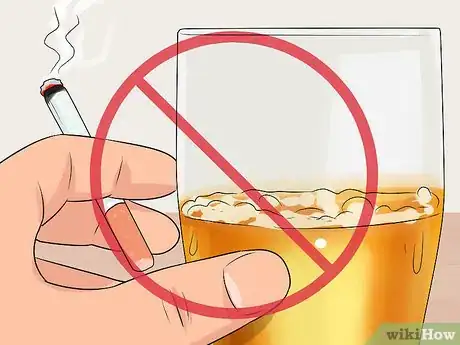
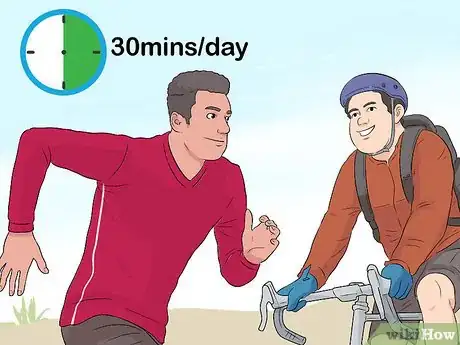
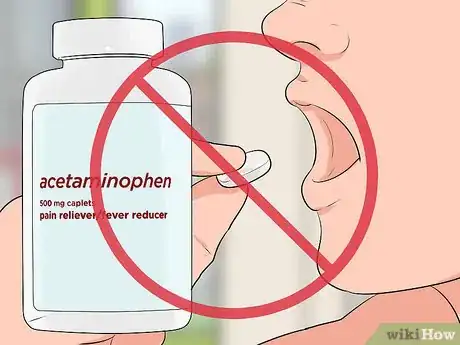
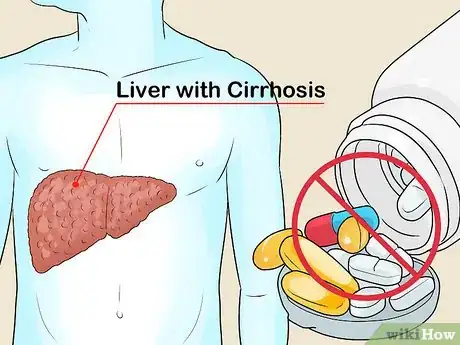
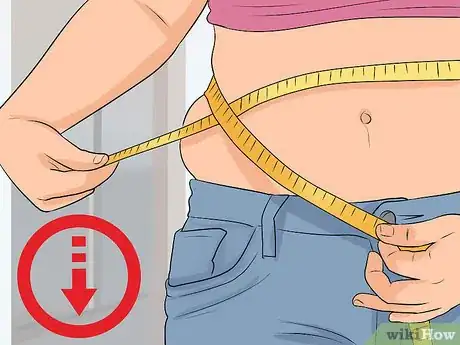
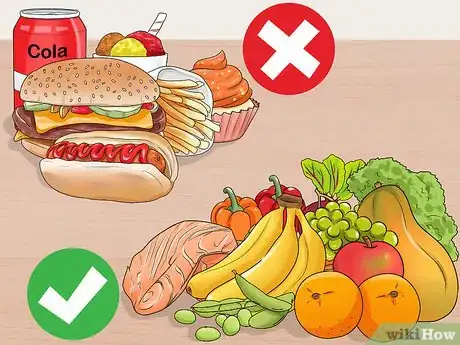
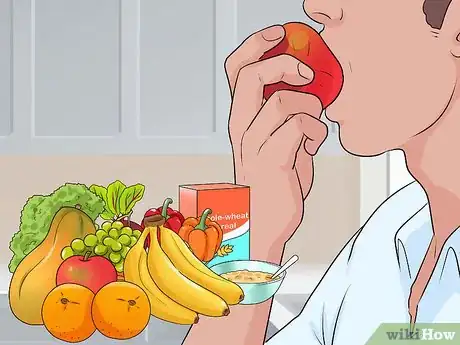

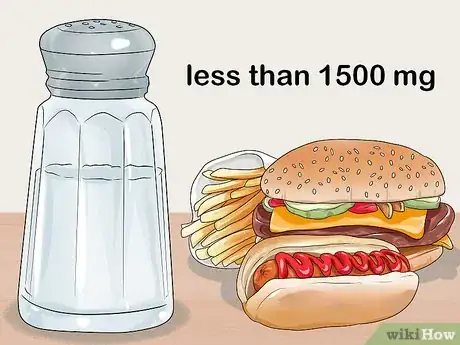
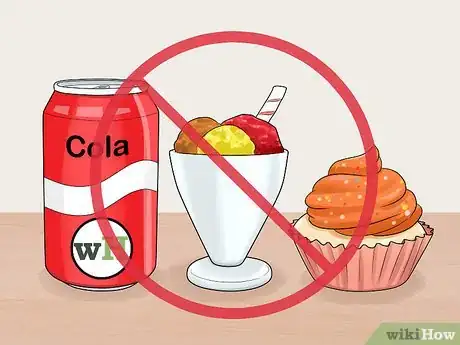
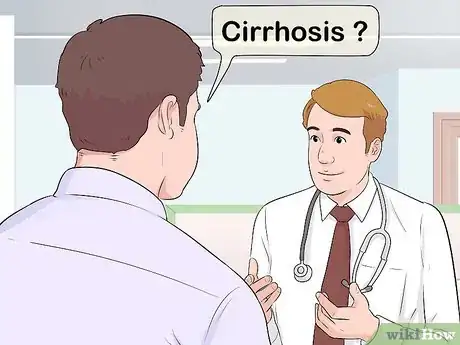
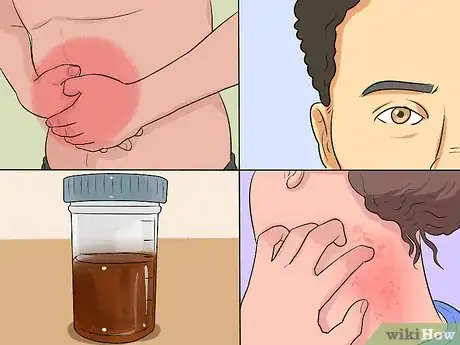
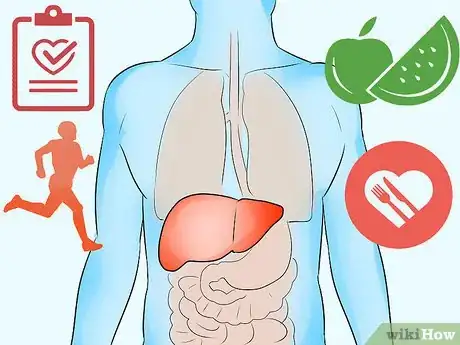
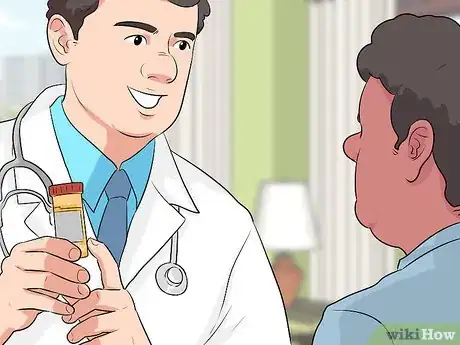
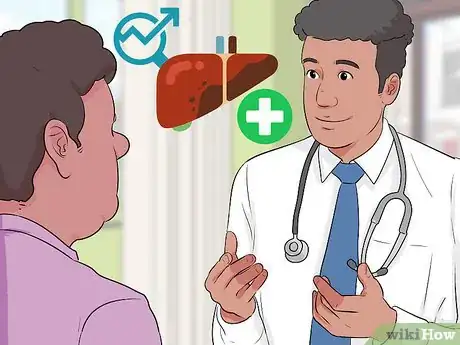
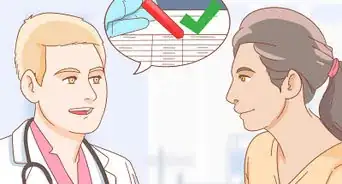
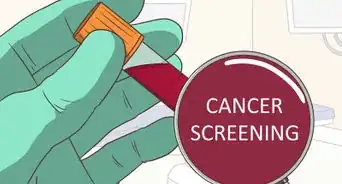
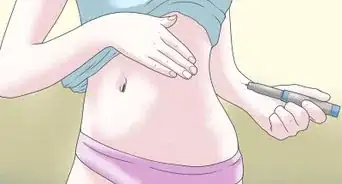
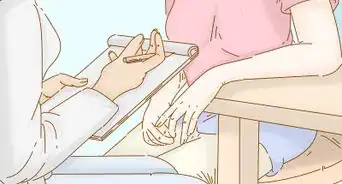
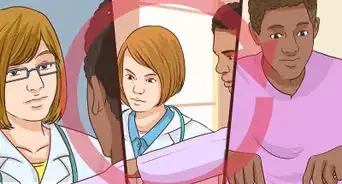
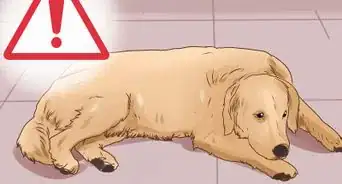
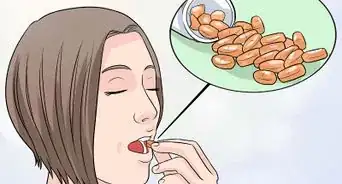
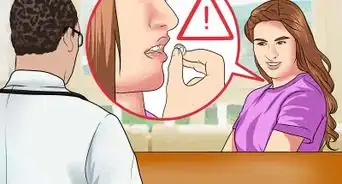

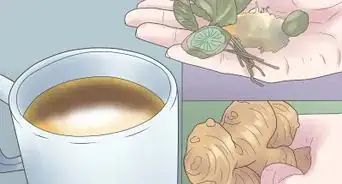

-Step-16.webp)

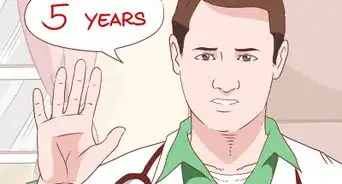






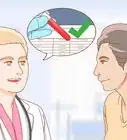
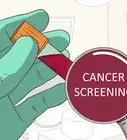

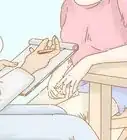




































Medical Disclaimer
The content of this article is not intended to be a substitute for professional medical advice, examination, diagnosis, or treatment. You should always contact your doctor or other qualified healthcare professional before starting, changing, or stopping any kind of health treatment.
Read More...